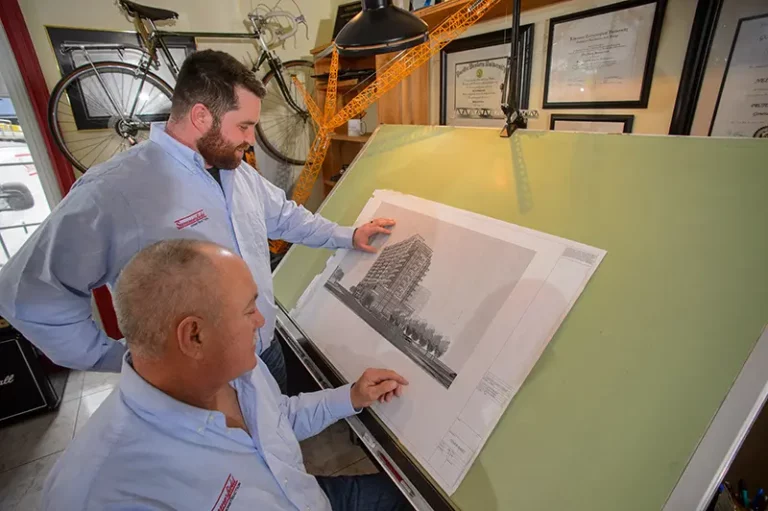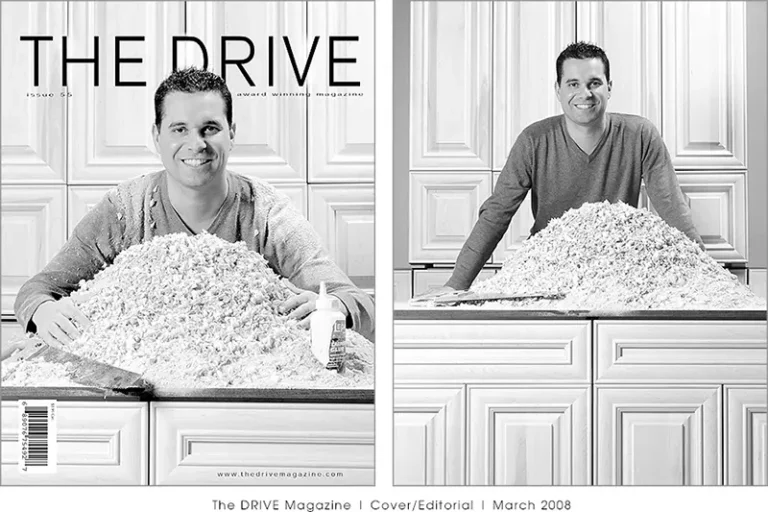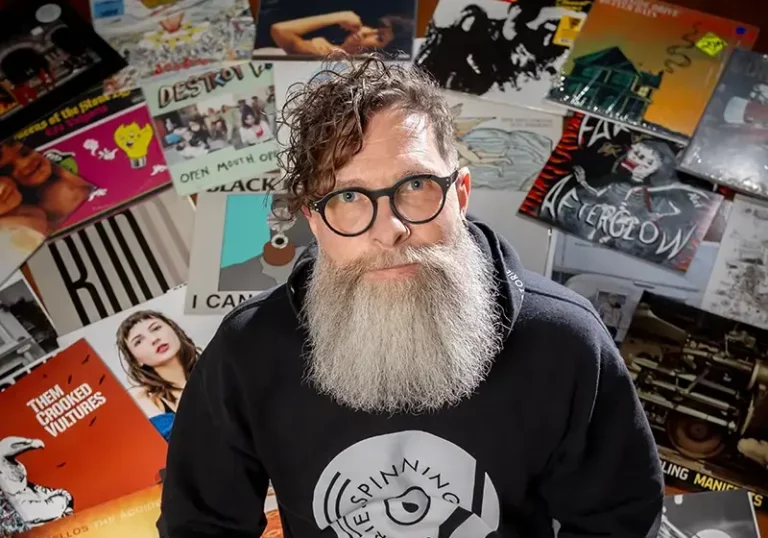With time, I have come to realize that failure has always been my greatest teacher. Each failure pointed me in a better direction and helped me to develop strength and authenticity, ultimately unveiling who I was and what I was destined to become
F. A. I. L. = First Attempt In Learning
• The failing grade I received on my first exam in graduate school taught me how to ask for support when I needed it most, no matter how shameful I felt or embarrassed I was.
• The end of a long-term relationship taught me how to value my time alone and make tough decisions for myself, no matter how weak I felt or lonesome I was.
• The layoff from a job I loved taught me how to let go, look forward, and trust in something so much bigger than myself, no matter how scared I was or irrelevant I felt.
What determines our reaction to failure?
Learning from failure is the ultimate goal. That said, not everyone responds to failure in the same way, at the same time
Our reaction to failure is determined by several factors, including:
• The timing of the failure.
• The magnitude of the failure.
• The attribution attached to the failure.
• The level of support during the failure.
• The confidence and belief in starting over.
“When one door closes, another opens; but we often look so long and so regretfully upon the closed door that we do not see the one which has opened for us.”
Supporting Someone Through Failure
The key to supporting someone experiencing failure is to not rush them through the healing process. Yes, in the long run, the gifts of failure outweigh the costs, but we must be sensitive to how dark it feels in the eye of the storm. Only in darkness can we move towards the light.
Is it possible to see failure in a positive light?
Under the right conditions, failure strengthens us, adds to our self-knowledge, and enhances the quality of our lives
• If it weren’t for failure, I would not have met my husband John.
• If it weren’t for failure, I would not be a psychology professor.
• If it weren’t for failure, I would not have written three textbooks.
• If it weren’t for failure, I would not be the person I am today.
Failure is the opportunity to begin again.
Your Turn:
What life lessons has failure taught you?
If it weren’t for failure; I:
•
•
•
•
Visit DrAndreaDinardo.com to learn more about her TEDx talk and positive psychology workshops.
Disclaimer: This article is for informational purposes only and is not a substitute for professional advice, diagnosis, or treatment.



